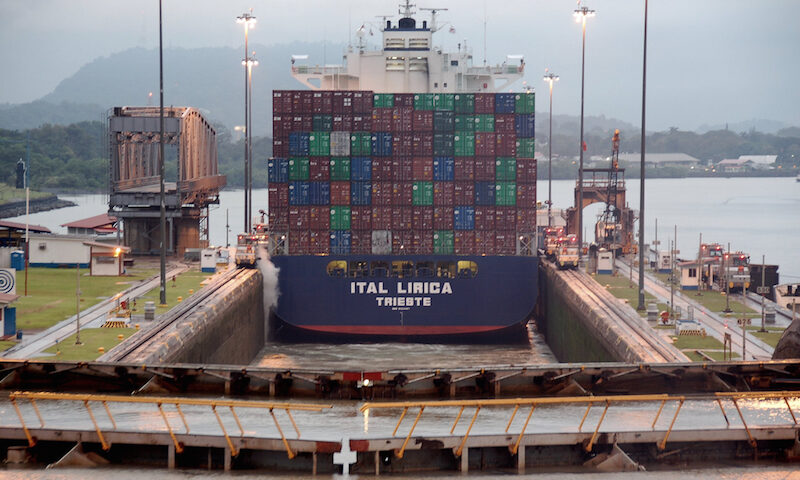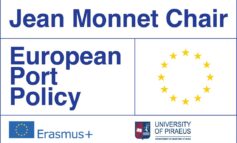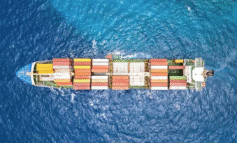The construction of an interoceanic canal in Nicaragua, a longstanding controversy, has once again become a source of concern in recent years, in both the global shipping industry and the world at large. Since the canal was green-lighted by the Nicaraguan government, scientists and specialists have sharply criticized its potential to inflict lasting environmental and societal damage. The vocal doubts raised by many experts regarding the canal’s feasibility have resulted in several recent postponements of construction. Studies of the project’s challenges and its potential impact on international shipping suggest that the canal will potentially have wide-ranging implications on vessel sizes, the global routing of maritime freight flows and port development along the Atlantic and Pacific coastlines. Many problems now hinder the project, from its economic and engineering viability to its environmental and safety hazards.
PortEconomics member Theo Notteboom along with Jihong Chen (Shanghai Maritime University, China), Xiang Liu (The State University of New Jersey, USA), Hang Yu (Shanghai Maritime University, China), Nikitas Nikitakos (University of the Aegean, Greece) and Chen Yang (Shanghai Maritime University, China) conducted a research providing a systematic analysis of the potential impact of the Nicaragua Canal on international shipping, as well as the various challenges the project faces. The results were published at the latest issue of scientific journal Maritime Economics & Logistics and can be downloaded here.












